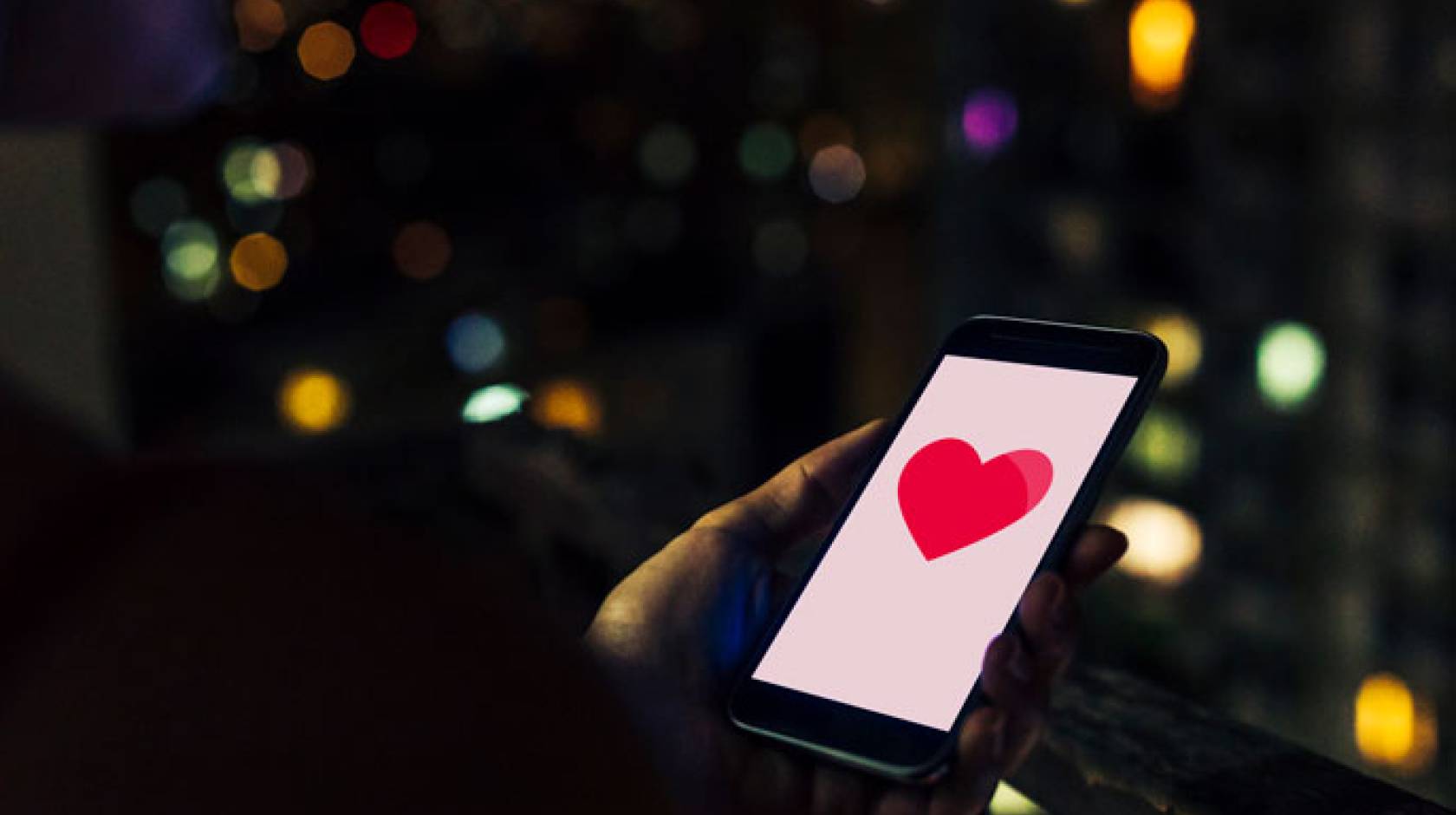Dating App Addiction: Lawsuit Alleges Match Group Manipulates Users with Dopamine-Hit Features
A recent lawsuit against Match Group, the parent company of popular dating apps like Tinder and Hinge, has raised concerns about the addictive nature of these platforms. The lawsuit claims that Match Group employs tactics designed to exploit users’ dopamine levels, keeping them hooked on their apps.
But what’s the science behind these claims? Can dating apps truly lead to addiction? Let’s explore how these apps influence our brains.
Dating apps, like many others, are engineered to capture and retain users’ attention. While their primary goal is to facilitate connections, some individuals may find themselves trapped in a cycle of endless swiping, unable to break free from the app’s grip.
One key factor contributing to this addictive potential is the role of dopamine, a neurotransmitter responsible for regulating pleasure and reward in the brain. When users receive likes, matches, or other forms of validation on these apps, dopamine is released, creating a sense of excitement and satisfaction.
Moreover, the intermittent nature of these rewards—such as unpredictable matches—further amplifies their allure. This element of surprise keeps users engaged, constantly seeking the next dopamine hit.
Features like “hearts” and “roses” also play into our social instincts, providing additional validation and triggering dopamine release. For some individuals, these app-induced highs can become addictive, leading to excessive use and negative consequences.
Research suggests that certain personality traits, such as neuroticism and low self-esteem, may predispose individuals to problematic dating app use. Recognizing these signs can help users identify when their relationship with these apps has become unhealthy.
Here are six warning signs of potential addiction:
1. Salience: Dating app use dominates your thoughts.
2. Mood modification: Apps alter your mood, providing temporary relief.
3. Tolerance: Your app usage increases over time.
4. Withdrawals: You experience distress when unable to access the app.
5. Conflict: App use negatively impacts your real-life relationships and responsibilities.
6. Relapse: Despite efforts to cut back, you return to previous patterns of use.
If you find yourself exhibiting these signs, it may be time to reassess your relationship with dating apps. Taking a break and exploring alternative coping mechanisms can help break the cycle of addiction. Additionally, seeking professional support from a psychologist can provide valuable assistance in overcoming app dependency.
Ultimately, while dating apps can offer opportunities for connection, it’s essential to maintain a healthy balance and prioritize overall well-being.
















































